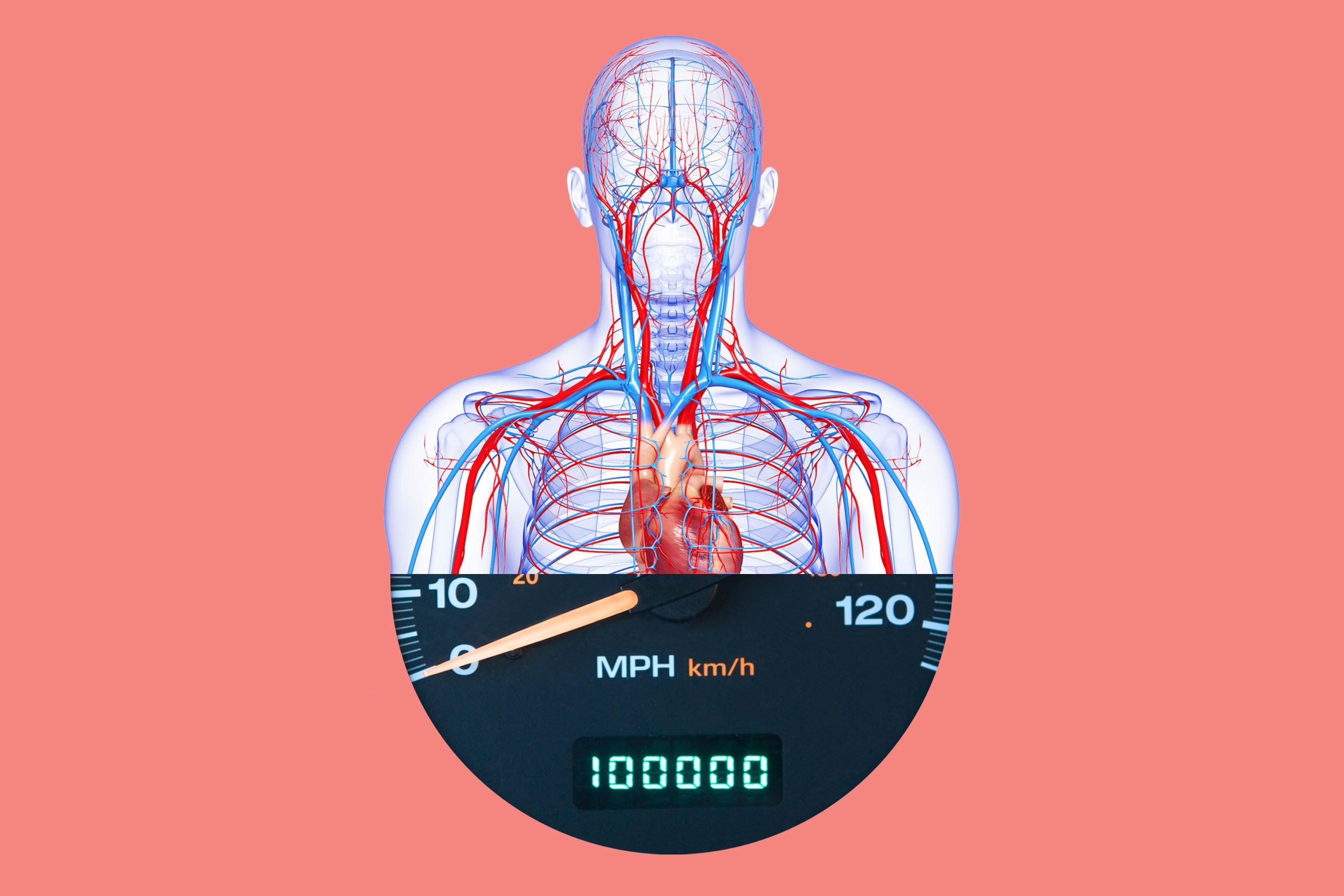This article explores ten surprising facts about political systems from around the world. The Democratic People’s Republic of Korea is a one-party state, and the only political party allowed is the Korean Workers’ Party. The Vatican City is the smallest country in the world, and it is an absolute monarchy with the Pope as the sovereign ruler. Mauritius has the most stable democracy in Africa, and the United States’ presidential election is not based on the popular vote. Switzerland has direct democracy, and Iran has religious leaders controlling its political system. Bhutan prioritizes happiness over economic growth, while Saudi Arabia only allows men to vote. Japan has a ceremonial monarchy, and China has a one-party system with limited political freedom. Understanding the diversity of political systems globally helps create a more inclusive and democratic world.
10 Surprising Facts About Political Systems Around the World
Politics is integral to our lives, whether we realize it or not. Every citizen of the world has a unique political system shaping their country’s history, laws, and governance. These systems vary from one country to another, and some are more peculiar than others. Here are ten surprising facts about political systems from different parts of the world.
1. North Korea is a one-party state.
The Democratic People’s Republic of Korea, also known as North Korea, is one of the world’s last remaining communist states. They have a one-party state, which means that the only political party allowed is the Korean Workers’ Party. This party controls all aspects of the country’s governance, from the economy to the media.
2. The Vatican City is the smallest country in the world.
The Vatican City is the smallest country in the world, both in terms of land area and population. It is an absolute monarchy, meaning that the Pope is the sovereign ruler of the country. The Vatican has its own political system, laws, and economy but remains under the influence of the Italian government.
3. Mauritius has the most stable democracy in Africa.
While many African nations have been plagued by political instability, Mauritius has maintained a stable democratic government since its independence in 1968. The country has a multi-party system where the president is the head of state, and the prime minister is the head of government.
4. The United States Electoral College determines its president.
The United States’ presidential election is not based on the popular vote but rather the electoral college. The system allows each state to have a certain number of electors, and the candidate with the highest number of electors wins the election. The president is not directly elected by the people but rather through an indirect process.
5. Switzerland has direct democracy.
Switzerland has a unique political system where the people have a significant say in the decision-making process. They have regular referendums where citizens vote on policies, laws, and constitutional amendments.
6. Iran has religious leaders controlling its political system.
Iran is an Islamic republic, meaning that religious leaders play a significant role in the political system. The Supreme Leader, who is a religious figure, is the highest ranking political authority in the country. The system also allows for an elected president and a parliament that has limited powers.
7. Bhutan prioritizes happiness over economic growth.
Bhutan has a unique political philosophy called Gross National Happiness. The government prioritizes the well-being of citizens over economic growth. They have policies that focus on environmental sustainability and cultural preservation, which contribute to the happiness of the Bhutanese people.
8. Saudi Arabia only allows men to vote.
Saudi Arabia has a conservative monarchy where only men are allowed to vote. Women were only granted the right to vote and run for office in 2015, making it one of the last countries in the world to do so. However, despite this change, women still face significant obstacles in participating fully in the political process.
9. Japan has a ceremonial monarchy.
Japan has a monarchy system where the emperor is the symbol of the country but has no political power. The country has a parliamentary system where the prime minister is the head of government and holds most of the governing powers.
10. China has a one-party system with limited political freedom.
China has a one-party system, and the Communist Party of China controls all aspects of the country’s governance. The country’s constitution provides some democratic rights and freedoms, such as freedom of speech and religion. However, these rights are restricted, and there are significant limitations on political freedom within the country.
Conclusion
Politics is diverse, and different political systems serve particular cultural and social needs. These ten surprising facts demonstrate the range of political systems present around the world. Understanding these systems helps us appreciate our differences and similarities and work towards building a more open, inclusive, and democratic world.
